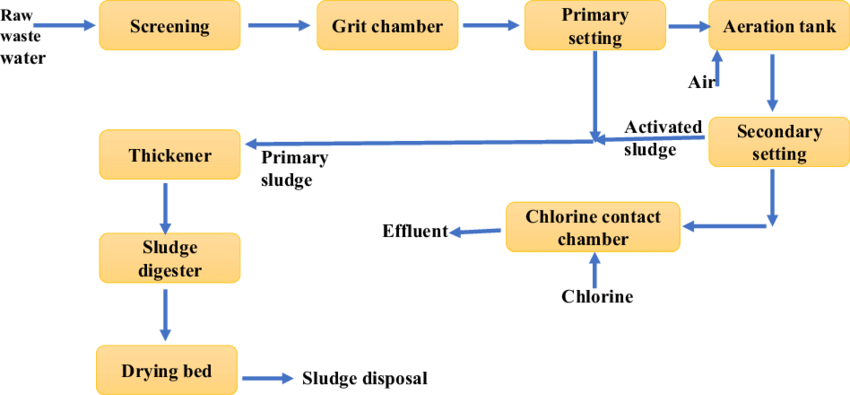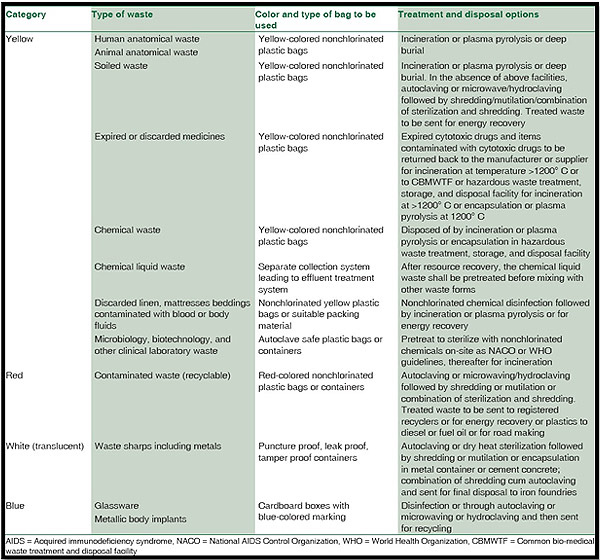The Buzz on Reclaim Waste
The Buzz on Reclaim Waste
Blog Article
Not known Incorrect Statements About Reclaim Waste
Table of ContentsReclaim Waste Can Be Fun For EveryoneThe Ultimate Guide To Reclaim WasteNot known Incorrect Statements About Reclaim Waste Reclaim Waste Fundamentals ExplainedUnknown Facts About Reclaim Waste
Explore the types, occurrences, and forms of fluid waste. Residential sewage waste refers to the waste and products from a domestic septic system. This sort of waste is produced by people in homes, colleges, and various other buildings. This only consists of sewage-disposal tanks that have a drainpipe area. The proper management and disposal of residential sewer waste need fluid waste to be transferred to a sewage treatment plant where the proper approaches and devices are put on detoxify and take care of waste.
Commercial waste often includes prospective threats, such as combustible products or a mix of liquid and strong waste items, and calls for an extra innovative and thorough disposal process. The disposal of commercial waste typically includes the purification of waste before transport to ensure secure and proper disposal. Hazardous waste is developed from by-products and drainage of commercial procedures and production.
This kind of waste can not use the same sewer monitoring transportation or procedures as septic or industrial liquids. The industrial waste administration process calls for the examination and screening of fluid waste before it undertakes the disposal procedure (industrial wastewater treatment). Drainage waste is the liquid waste that comes from overflow and excess stormwater in very populated areas or cities
Runoff waste can cause contamination and flooding otherwise handled properly. Find out more concerning sewer cleaning and waste administration. Ensuring correct waste management can protect against catastrophes and minimize environmental damage. Both people in household settings and experts in commercial or manufacturing markets can take advantage of comprehending the procedures and laws of fluid waste management.
How Reclaim Waste can Save You Time, Stress, and Money.
Get in touch with PROS Solutions today to discover our waste administration and disposal solutions and the correct ways to look after the fluid waste you create.
(https://fliphtml5.com/homepage/kekhp)This supposed 'wastewater' is not just a vital resource however, after treatment, will certainly be released to our land, rivers or the ocean. Utilized water from commodes, showers, baths, kitchen area sinks, washings and industrial processes is understood as wastewater.

water made use of to cool equipment or clean plant and devices). Stormwater, a kind of wastewater, is runoff that flows from agricultural and metropolitan areas such as roofings, parks, gardens, roadways, courses and gutters into stormwater drains pipes, after rain. Stormwater flows without treatment directly to neighborhood creeks or rivers, at some point reaching the ocean.
How Reclaim Waste can Save You Time, Stress, and Money.
In Queensland, a lot of wastewater is treated at sewer therapy plants. Wastewater is transferred from domestic or commercial websites with a system of sewage systems and pump terminals, known as sewerage reticulation, to a sewer therapy plant. City governments develop, preserve and operate most sewer therapy plants. Operators are accredited under the Environmental Management Act 1994 to discharge treated wastewater at an appropriate ecological requirement into rivers.
The Division of Natural Resources recommends regional governments concerning handling, operating and preserving sewage systems and treatment plants. In unsewered areas, regional federal governments might require householders to set up individual or household sewer treatment systems to deal with domestic wastewater from bathrooms, kitchen areas, bathrooms and laundries. The Division of Natural Resources authorises making use of home systems when they are verified to be efficient.
Many stormwater receives no therapy. In some brand-new neighborhoods, therapy of some stormwater to get rid of clutter, sand and crushed rock has started making use of gross contaminant catches. Wastewater treatment takes place in 4 phases: Eliminates solid matter. Larger solids, such as plastics and other things wrongly discharged to sewers, are gotten rid of when wastewater is gone through screens.
Utilizes small living organisms knows as micro-organisms to damage down and eliminate staying dissolved wastes and fine bits. Micro-organisms and wastes are included in the sludge.
Reclaim Waste Fundamentals Explained
Nutrient removal is not offered at all sewer therapy plants because it requires costly specialist tools. Clear liquid effluent produced after therapy may still consist of disease-causing micro-organisms - industrial wastewater treatment.

This usually implies wastewater needs to be treated or impurities removed before it can be discharged to waterways. Many wastewater moves right into the sewerage system. Under the Act, city governments administer authorizations and permits for eco relevant tasks (ERAs) involving wastewater releases that could have a neighborhood effect. The division administers approvals and permits to Ages entailing wastewater launches that may have a regional or statewide impact.
The Greatest Guide To Reclaim Waste
Or else, examples are considered research laboratory analysis. Commonly many examinations are required to develop the degrees of each of the various pollutants such as oils, heavy steels and pesticides link in water. Monitoring offers accurate details regarding water quality and can validate that permit problems are being met. The information acquired through monitoring provides the basis for making water top quality decisions.
Report this page